Endoscopic Treatment for GERD in Mumbai, India
Gastroesophageal Reflux Disease (GERD) is more than occasional heartburn; it’s a chronic illness that can greatly affect daily living. Continuous symptoms like acid reflux, chest pain, and regurgitation may impact sleep, meal intake, and overall health. Globally, GERD affects approximately 13.98% of the population, with prevalence varying by region. In India, studies indicate an occurrence ranging from 7.6% – 30.
Dr. Vipulroy Rathod, a distinguished Gastroenterologist in Mumbai, India, says:
“GERD is not just a physical ailment; it affects every aspect of a person’s life. From disrupted sleep to dietary limitations, the condition can be debilitating. Our goal is to provide effective, minimally invasive treatments that restore quality of life.”
What Is GERD and How Can Endoscopy Help?
GERD occurs when stomach acid frequently flows back into the esophagus, leading to irritation and inflammation of the esophageal lining. This backward flow, or reflux, happens when the lower esophageal sphincter (LES)—a muscular valve between the esophagus and stomach—becomes weak or relaxes inappropriately.
Common symptoms include:
Persistent heartburn or chest discomfort
Regurgitation of food or sour liquid
Difficulty or pain while swallowing
Chronic cough, especially at night
A lumpy feeling in the throat
Endoscopic procedures offer a minimally invasive and highly precise approach to diagnosing and treating GERD. They involve using an endoscope (a thin, flexible tube with a camera and specialized tools) to examine the esophagus and stomach from the inside. During the same session, if necessary, therapeutic interventions can be carried out to correct anatomical or functional issues causing the reflux.
Minimally Invasive Endoscopic Solutions for GERD Offered by Dr. Vipulroy D. Rathod
Dr. Vipulroy Rathod specializes in advanced endoscopic treatments for GERD, providing patients with effective alternatives to traditional surgery.
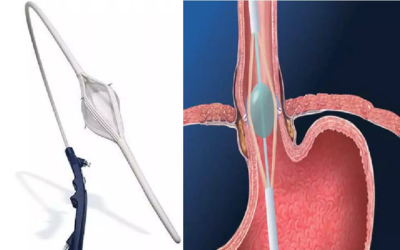
Stretta Procedure
This technique delivers radiofrequency energy to the muscles of the lower esophageal sphincter (LES), strengthening it and reducing reflux episodes
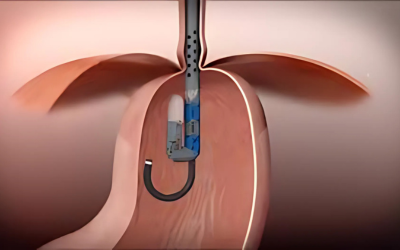
Transoral Incisionless Fundoplication (TIF)
TIF reconstructs the valve between the esophagus and stomach using an endoscope, enhancing the body's natural barrier to reflux.
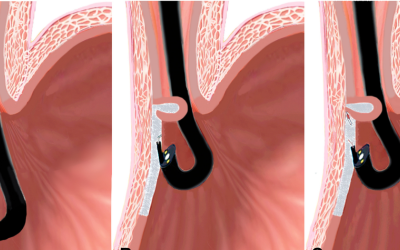
Antireflux Mucoplasty
A novel procedure that reshapes the mucosal layer at the gastroesophageal junction to prevent acid reflux.
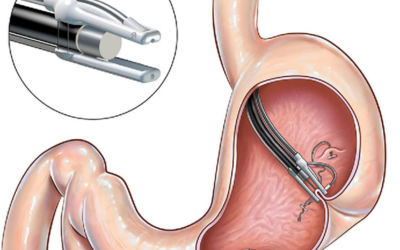
Endoscopic Suturing Techniques
These involve placing sutures in the esophagus to reinforce the LES, thereby reducing reflux.
Right Candidates for GERD Endoscopic Treatment
Endoscopic treatments are suitable for individuals:
experiencing frequent heartburn or acid reflux that doesn't respond well to medications
without significant esophageal strictures or Barrett's esophagus
seeking alternatives to traditional surgery with shorter recovery times
who can tolerate sedation and endoscopic procedures
Dr. Vipulroy D. Rathod, a trusted name for Endoscopic Treatment for GERD in Mumbai, India, elaborates:
“Endoscopic treatments offer a safe and effective solution for patients with chronic GERD who wish to avoid surgery. These minimally invasive procedures can significantly reduce the severity of reflux symptoms while improving overall quality of life. In many cases, they also help patients minimize or even discontinue long-term dependence on acid-suppressing medications.”
Personalized GERD Treatment Plans by Dr. Vipulroy D. Rathod
Dr. Vipulroy D. Rathod , gastroentrology specialist takes a patient-first approach to create a plan that fits your condition and lifestyle. Here’s what that process involves:
Comprehensive Evaluation
An in-depth review of your symptoms, dietary habits, and medical history to identify specific triggers and patterns.
Advanced Diagnostic Testing
Tools like endoscopy endoscopy , esophageal pH monitoring, and manometry help identify the underlying cause and severity of your reflux.
Tailored Treatment Strategy
Next, Dr. Rathod selects the most suitable endoscopic procedure—ensuring precision and minimizing unnecessary intervention.
Dedicated Post-Treatment Support
Your care doesn’t end after the procedure. Regular follow-ups, dietary adjustments, and lifestyle guidance are provided to help you achieve lasting relief.
Advantages of Endoscopic GERD Treatment Compared to Traditional Surgery
Minimally Invasive
No external incisions, leading to reduced pain and scarring.
Lower Risk of Complications
Decreased chances of infection and other surgical risks.
Shorter Recovery Time
Patients often return to normal activities within a few days.
Outpatient Procedure
Most endoscopic treatments are performed on an outpatient basis, eliminating the need for hospital stays.
Dr. Vipulroy Rathod, a sought-after expert for GERD endoscopic procedures in Mumbai, adds:
“Unlike traditional surgery, endoscopic treatments do not require any external cuts, thus, significantly reducing recovery time, minimizing risks, and enhancing patient comfort. They also serve as a valuable option for those who do not respond well to medication or prefer non-surgical alternatives.”
Wondering how long recovery takes and what to expect afterward? Let’s walk through it.
Recovery Timeline and Post-Procedure Guidelines
Recovery from endoscopic GERD treatments is typically swift:
Immediate Post-Procedure
Patients may experience mild throat discomfort or bloating, which usually subsides within a day.
Dietary Adjustments
A soft diet is recommended for a few days post-procedure to allow healing.
Activity Resumption
Most individuals can return to work and normal activities within 48 to 72 hours.
Follow-Up Care
Regular check-ups ensure the effectiveness of the treatment and monitor for any recurrence of symptoms.
Why Choose Dr. Vipulroy D. Rathod for GERD Endoscopic Treatment in Mumbai?
Extensive experience in performing cutting-edge GERD treatments
Emphasis on individualized treatment plans and compassionate care
Access to the latest technology and equipment for accurate diagnosis and treatment
Works closely with a multidisciplinary team to ensure comprehensive care
Proven track record of successful outcomes and patient satisfaction
Commitment to staying updated with the latest advancements in gastroenterology
Conveniently situated in Mumbai, making it easier for patients to seek care
Numerous satisfied patients attest to his skill and dedication

Frequently Asked Questions
Since the procedure is done under sedation, you won’t feel pain during it—and afterward, there might be a mild sore throat or some discomfort, but that usually fades in a day or two.
In most cases, people return to work within a couple of days. Since there’s no cutting involved, the recovery tends to be much quicker than traditional surgery—though your doctor might suggest taking it easy for a short while.
That really depends on how your body responds. Many patients find they can reduce or completely stop their medications over time, but it’s something that should be guided by your doctor, not rushed.
Long-term GERD doesn’t automatically rule you out. In fact, if you’ve been relying on medicines for years without much relief, endoscopic treatment might be exactly the next step to consider.
Your doctor will help you figure out after a proper evaluation. But if you’re someone who’s tired of daily pills and looking for a safer, less invasive fix, it’s worth exploring this option.
